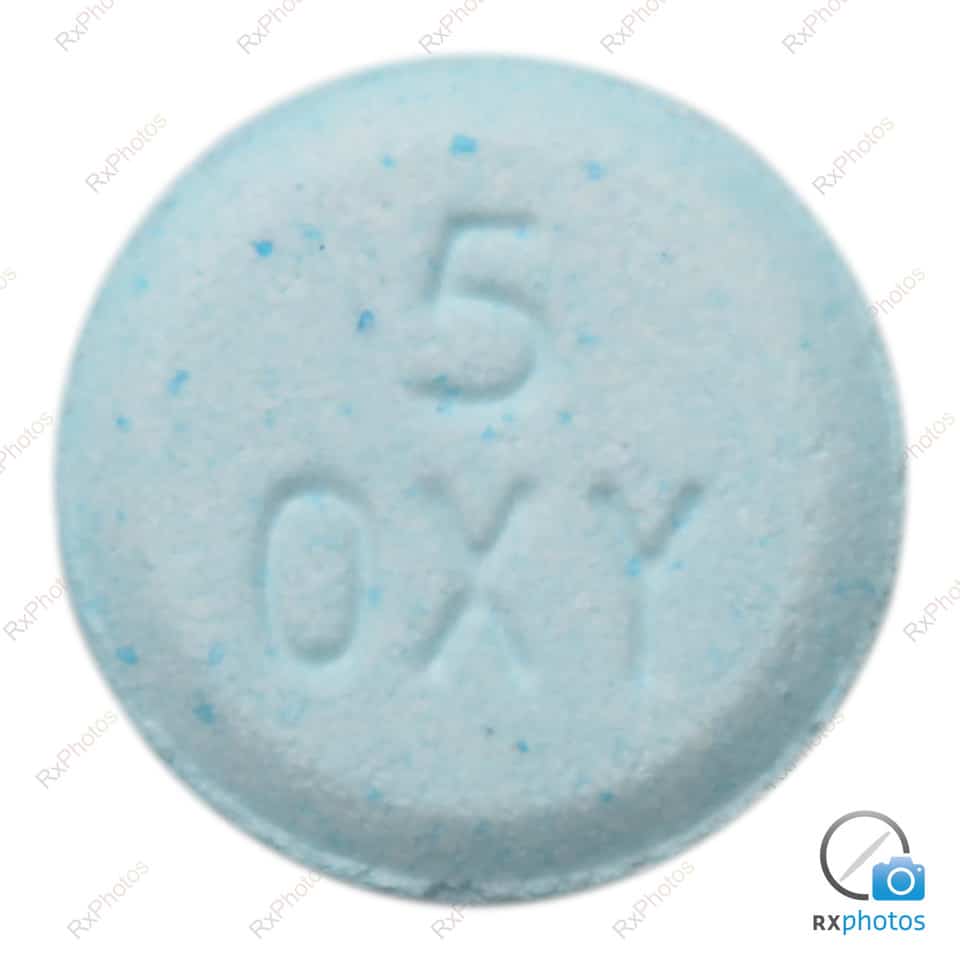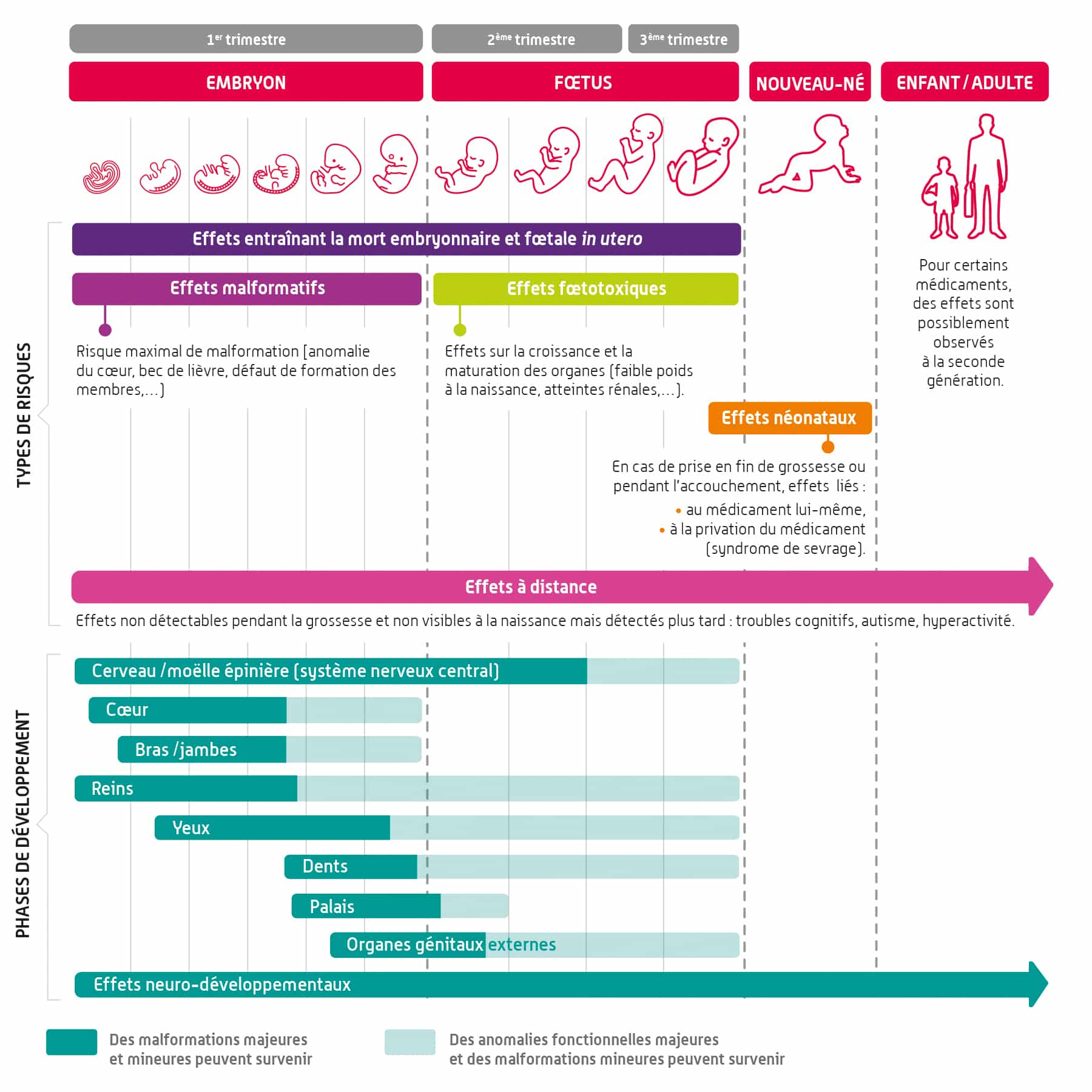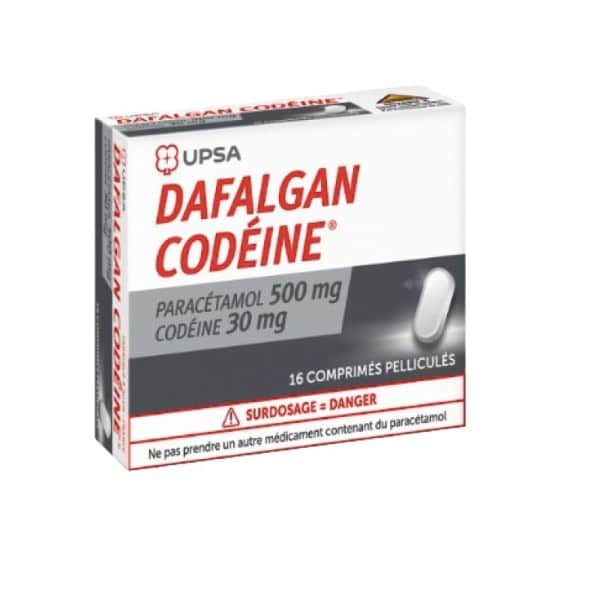Haloperidol is a medication classified among antipsychotics, often prescribed to treat various psychiatric disorders such as psychosis or states of agitation. Its use can be accompanied by numerous side effects, some of which can be severe. The medical prescription of this medication requires careful monitoring of patients to minimize risks and ensure appropriate care. Understanding the potential complications and precautions associated with its use is essential for effective and safe treatment.
Haloperidol, also known by the brand name Haldol, is a medication classified among antipsychotics, primarily used to treat various psychiatric disorders. Its medical prescription is common due to its effectiveness, but it is not without risks. This article explores in detail the prescription of haloperidol, its medical indications, and the potential side effects that may arise.
Indications and Use of Haloperidol
Haloperidol is generally prescribed for the treatment of schizophrenia, bipolar disorders, as well as to manage symptoms of agitation or intense anxiety. It is often used in hospital settings to treat patients suffering from acute or chronic psychoses. Furthermore, it is employed to manage nausea and vomiting resulting from cancer treatments.
Due to its antipsychotic properties, this medication acts on dopamine receptors in the brain. Its ability to decrease excess dopaminergic activity makes it a preferred choice for the treatment of psychotic disorders. However, the prescription of haloperidol requires a thorough clinical evaluation, taking into account the patient’s medical history and overall condition.
Side Effects: Risks Associated with Haloperidol
Like any medication, haloperidol can lead to adverse effects. It is important to be aware of these risks to act quickly in case of complications. Side effects are often categorized, ranging from the most common to the most severe.
Common side effects include:
- Drowsiness: An excessive state of fatigue is often reported by patients taking haloperidol.
- Dry mouth: This symptom can be unpleasant and lead to dental problems if untreated.
- Constipation: Another common effect that can alter the patient’s comfort.
- Tremors: Involuntary movements and tremors may occur, indicating a neurological reaction to the medication.
- Coordination problems: These troubles can affect the patient’s ability to perform daily tasks safely.
More serious adverse effects can also occur, such as neuroleptic malignant syndrome, a rare but potentially fatal reaction. This syndrome is characterized by hyperthermia, muscle rigidity, and autonomic disturbances. Early recognition is essential for effective treatment of this complication, as it requires urgent medical intervention.
Monitoring and Precautions Related to Haloperidol
Given the risk of serious adverse effects, patients undergoing treatment with haloperidol must be subject to close monitoring. Physicians should regularly evaluate the health status of patients to detect any signs of adverse effects, especially during the initial phases of treatment.
For elderly patients, particularly those suffering from dementia, the use of haloperidol must be extremely cautious. Studies show that this group of patients is more likely to experience severe adverse effects, which may include cardiac problems and coordination issues.
It is also crucial to consider potential drug interactions. Some medications can increase the risk of side effects or decrease the effectiveness of haloperidol. Physicians should thus review all other treatments that the patient is taking to ensure safe care.
During your treatment, if there are concerns about adverse effects or concerning symptoms, it is essential to quickly consult a healthcare professional for appropriate evaluation and advice. In case of emergency, promptly reporting serious side effects can save lives.
FAQ on Medical Prescription and Side Effects of Haloperidol
Q: What is haloperidol?
A: Haloperidol is an antipsychotic medication used to treat disorders affecting thoughts, emotions, and behavior.
Q: What are the main side effects of haloperidol?
A: Common side effects include drowsiness, dry mouth, constipation, tremors, and coordination problems.
Q: Can haloperidol cause memory problems?
A: Yes, haloperidol has been associated with cognitive disorders, including memory loss in some cases.
Q: What precautions should be taken before starting treatment with haloperidol?
A: It is essential to undergo a thorough medical evaluation and inform the doctor of any pre-existing medical conditions and other ongoing medications.
Q: Why is it important to monitor patients on haloperidol?
A: Due to the many potentially serious adverse effects, close monitoring allows for quick detection of any treatment-related issues.
Q: What are the indications for prescribing haloperidol?
A: Haloperidol is prescribed particularly for psychotic disorders, certain behavioral disorders, and to manage symptoms related to acute situations, such as vomiting.
Q: What are the serious reactions that may occur with haloperidol?
A: Serious reactions may include cardiac problems, coordination disorders, and neuroleptic malignant syndrome, which requires urgent medical attention.
Q: Is haloperidol safe for all patients?
A: No, it is particularly advised against in elderly patients and those suffering from dementia, due to the increased risks of side effects.












